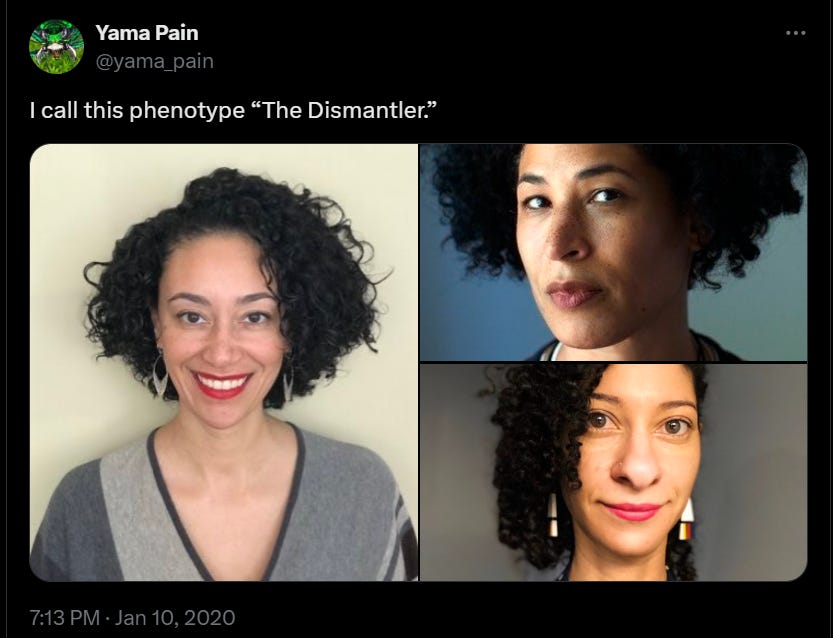The gang discusses the intersection between conspiracies, trust, information and disinformation
Cass Sunstein and Adrian Vermeule propose “cogntitive infiltration” as an information weapon
What can government do about conspiracy theories? Among the things it can do, what should it do? We can readily imagine a series of possible responses. (1) Government might ban conspiracy theorizing. (2) Government might impose some kind of tax, financial or otherwise, on those who disseminate such theories. (3) Government might itself engage in counterspeech, marshaling arguments to discredit conspiracy theories. (4) Government might formally hire credible private parties to engage in counterspeech. (5) Government might engage in informal communication with such parties, encouraging them to help. Each instrument has a distinctive set of potential effects, or costs and benefits, and each will have a place under imaginable conditions. However, our main policy idea is that government should engage in cognitive infiltration of the groups that produce conspiracy theories, which involves a mix of (3), (4) and (5).
Glenn Beck takes the bait and says the government is coming for your conspiracy theories
At the time, Glenn Beck hosted both a daily TV show on Fox News and a syndicated radio show; according to a Harris poll, he was the country’s second-favorite TV personality, after Oprah Winfrey. Beck had been delivering impassioned rants against Sunstein for months, calling him “the most dangerous man in America.” Now he added the paper about conspiracy theories to his litany of complaints. In one typical TV segment, in April of 2010, he devoted several minutes to a close reading of the paper, which lists five possible ways that a government might respond to conspiracy theories, including banning them outright. “The government should ban them,” Beck said, over-enunciating to express his incredulity. “How a government with an amendment guaranteeing freedom of speech bans a conspiracy theory is absolutely beyond me, but it’s not beyond a great mind and a great thinker like Cass Sunstein.”
The NY Times discusses the many federal informants in the Proud Boys
The FBI foils a plot that never really existed
The Guardian reports on the US Military using “cognitive infiltration”
The Centcom contract stipulates that each fake online persona must have a convincing background, history and supporting details, and that up to 50 US-based controllers should be able to operate false identities from their workstations "without fear of being discovered by sophisticated adversaries".
Centcom spokesman Commander Bill Speaks said: "The technology supports classified blogging activities on foreign-language websites to enable Centcom to counter violent extremist and enemy propaganda outside the US."
Karl discusses skin-suiting in a thread























